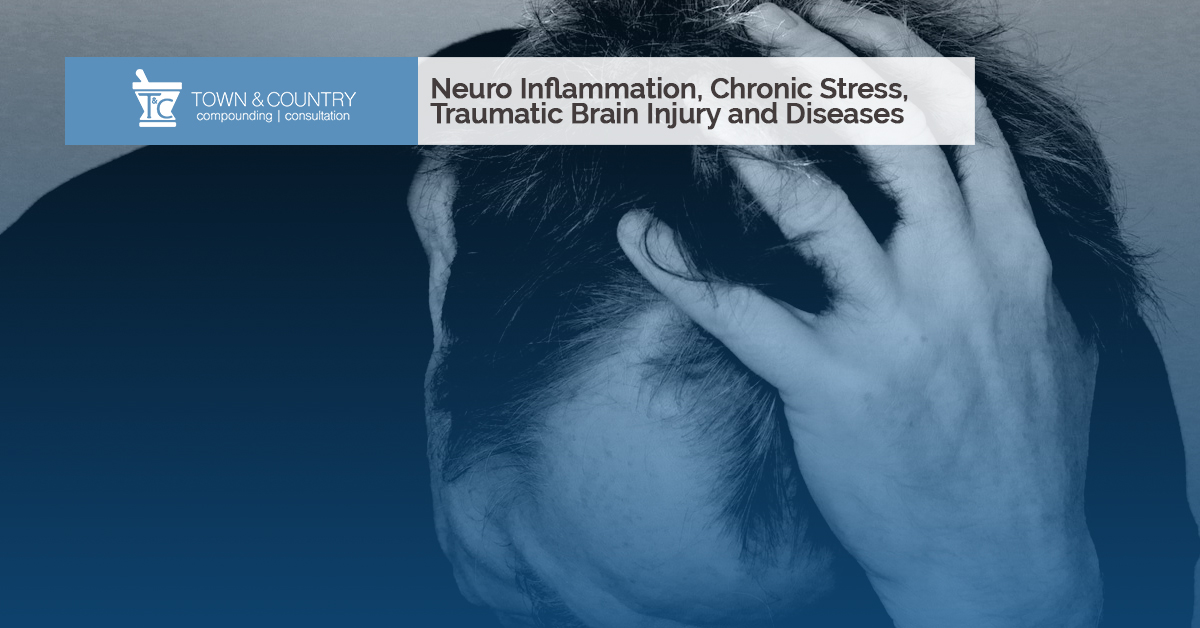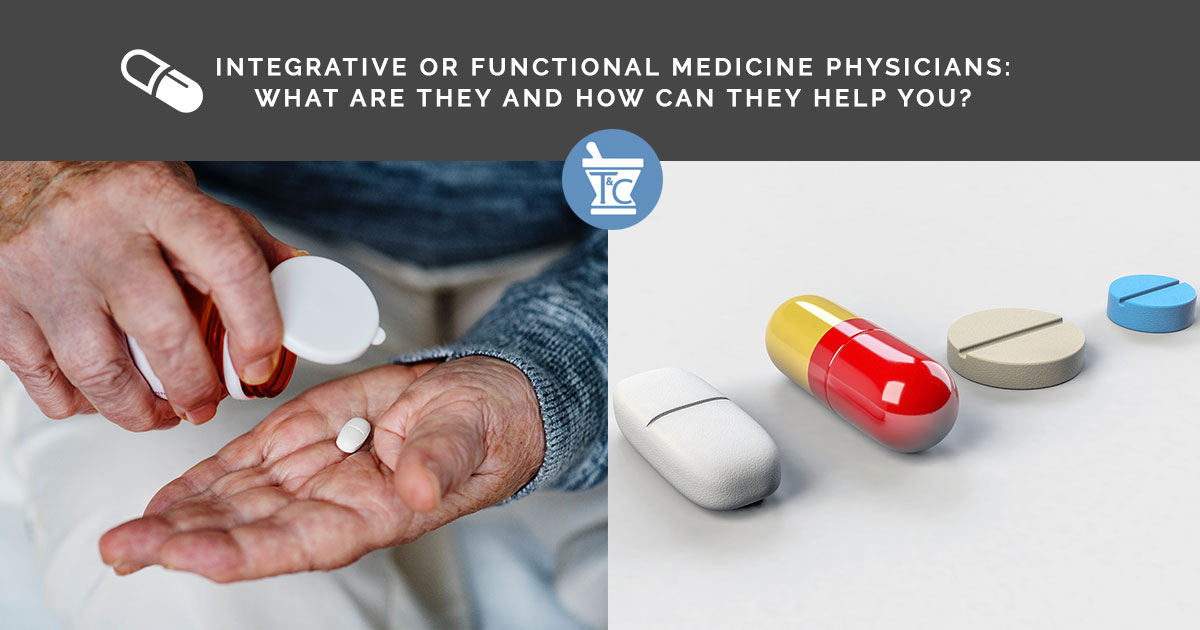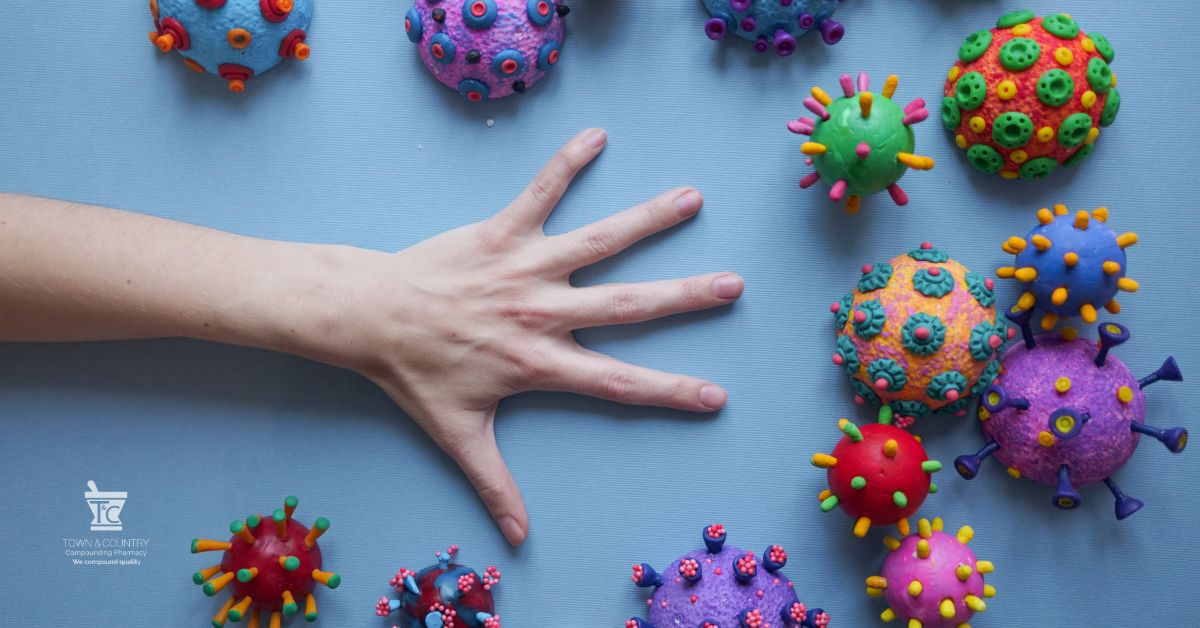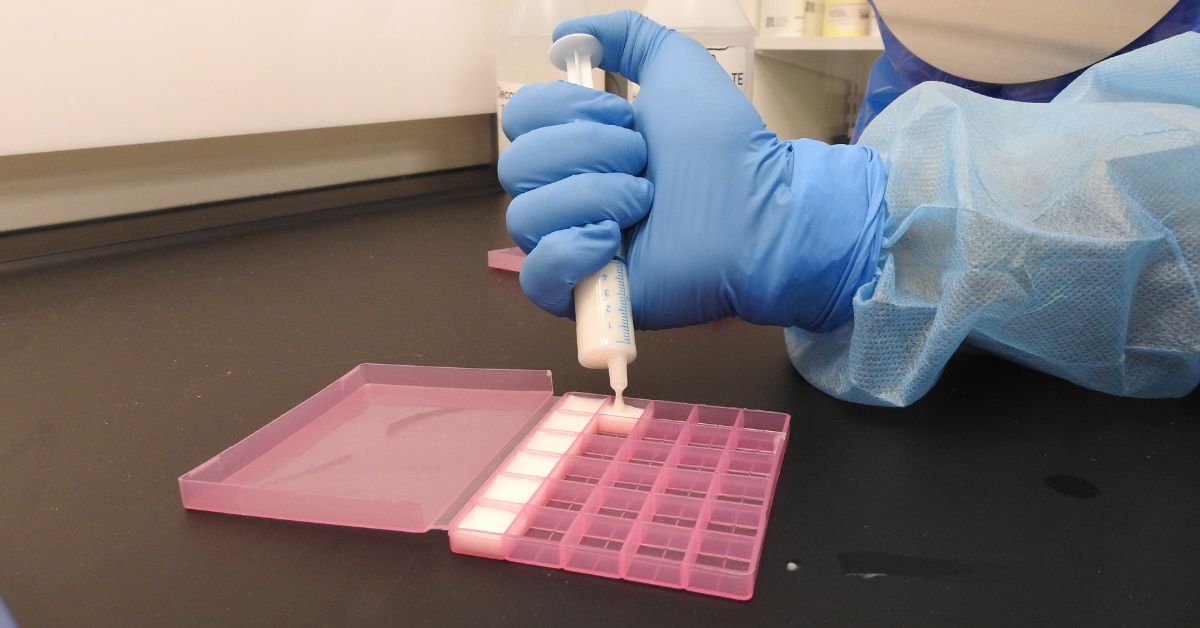Alzheimer’s & Inflammation
Recently, NBC News brought to light that inflammation could be a main culprit in Alzheimer’s Disease.
According to expert Dr. James LaValle as well as many others, inflammation is the root of many problems. Most of us think of inflammation when we get an injury and physically see swelling.
Or, when someone has a traumatic brain injury from something like a car accident or a serious sports injury that is known to commonly occur in sports such as football, soccer, hockey, etc.
Inflammation can occur throughout the body without us realizing it. It often occurs in the brain. Why don’t we pay more attention to inflammation in our bodies?
Why don’t we try to prevent inflammation and disease before they occur?
*There are various practitioners who focus on this aspect of medicine.
What Do We Know About Neuroinflammation?
Neuroinflammation is an inflammation of the central nervous system (CNS). It can lead to neuronal injury and dysfunction.
James LaValle, RPh, CCN, ND is a speaker and internationally known expert in integrative medicine. He often gives presentations about inflammation and explains how inflammation can cause diseases. In addition to his CV and many accomplishments, he was also appointed as Director of the NFL Hall of Fame Center for Excellence for research on traumatic brain injuries. He is truly an expert on the brain.
What is Integrative and Functional Medicine?
Integrative and Functional Medicine Prescribers often take special interest treating and preventing inflammation.
Role of Nutrition & Lifestyle in Reducing Inflammation
Dr. Lavalle educated us about the nutritional aspects and supplements that concentrate on inflammation. In the NBC news program about Alzheimer’s, they mention that in addition to reducing inflammation, adjusting lifestyle can also be important. Exercise and nutrition may be able to change the course of many diseases.
Traumatic Brain Injury
- NFL players with concussions (as well as many other sports)
- Military people such as Navy Seals after being in combat zones
- Motor Vehicle Accidents
- Electric Shock
- Violence Injury
Disease
- Diabetes
- Parkinson’s
- Alzheimer’s (Dementia)
- Autism Spectrum Disorder
- ADHD
- Autoimmune Diseases
- ALS (Lou Gehrig’s Disease)
- Lyme Disease
- Mold
- Stroke /TIA’s
Chronic Stress Situations
- Executive Burnout
- Career stress—see an example of racecar drivers
- Lifestyle stress- money, marriage, kids
- Overloaded parents with “jello brain”
What Can Lead to Neuroinflammation?
- Traumatic brain injuries (Concussions, motor vehicle accidents, injury from violence)
- Autoimmune diseases
- By-products of diseases- circulating endotoxins
- Microglial activation- different components to inflammation are led by microglial cells
- Chronic stress- Chronic stress involves elevated cortisol which can lead to microglial activation via the release of inflammatory cytokines. In other words, stress often causes chronic inflammation which can lead to neuronal injury or death and therefore changes in behavior. It interferes with all stages of neuronal renewal.
Stress causes people to feel scattered and feeling like they can’t think straight. They often wonder what is happening to them.
How can we quiet that brain cell activation which leads to inflammation? According to Dr James LaValle, RG3 and Nicotinamide Riboside may help.
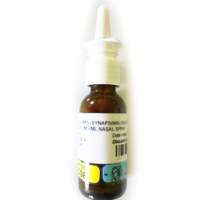
Ask your doctor for a prescription
Methylcobalamin (RG3-Synapsin®) Spray
Methylcobalamin (RG3-Synapsin®) Spray (RG3 + Nicotinamide Riboside + Methyl B12) is an innovative, patent-pending powder blend of ginsenoside Rg3 and nicotinamide riboside along with ingredients to aid in solubilization and dispersion. It is designed to be used in formulations for the support of neurological health and cognitive support.
Methylcobalamin (RG3-Synapsin®) was invented by renowned author, pharmacist and functional medicine speaker Jim LaValle, RPh, CCN, ND, and is commonly used in combination with methylcobalamin or hydroxocobalamin in formulations to support neuronal function and cognition.
Rg3 is one of several triterpene saponins (ginsenosides) found in the plant genus Panax, including Panax ginseng (Asian ginseng) and Panax quinquifolius (American ginseng). Laboratory studies report that Rg3 extracted from Panax ginseng supports neuroprotection, helping to support healthy microglial activity and healthy neuronal function.
- quells inflammation, gets neurons to bud (and refueled),and gets the mitochondria to calm down the microglia.
- triggers mitochondrial rejuvenation -mitochondria become fully active and generate energy in the brain
- helps with sirtuins (SIRT1’s) which are regulators of metabolism.
- improves receptor activation. Often, when you give supplements or hormones, the results are affected by the receptors and how active they are.
Nicotinamide riboside (NR) is a form of vitamin B3 found in cow’s milk. Laboratory studies report administration of nicotinamide riboside supports healthy levels of NAD+ in yeast and cultured human and mammalian cells. NR is reported to be incorporated into the cellular NAD+ pool via the action of nicotinamide riboside kinase (Nrk) pathway or via nicotinamide (Nam) salvage after conversion to Nam by phosphorolysis. Laboratory studies have also reported the supportive and neuroprotective role for NAD+. In laboratory studies, nicotinamide riboside supports neuronal NAD+ synthesis without inhibiting sirtuins, which are important regulators of metabolism and longevity.
Many people who use Methylcobalamin (RG3-Synapsin®) Spray also use Low Dose Naltrexone (LDN).
Low Dose Naltrexone (LDN)
Read about the mechanism in which low dose naltrexone LDN works to reduce inflammation.
Abstract Low-dose naltrexone (LDN) has been demonstrated to reduce symptom severity in conditions such as fibromyalgia, Crohn’s disease, multiple sclerosis, and complex regional pain syndrome. We review the evidence that LDN may operate as a novel anti-inflammatory agent in the central nervous system, via action on microglial cells. These effects may be unique to low dosages of naltrexone and appear to be entirely independent from naltrexone’s better-known activity on opioid receptors. As a daily oral therapy, LDN is inexpensive and well-tolerated. Despite initial promise of efficacy, the use of LDN for chronic disorders is still highly experimental. Published trials have low sample sizes, and few replications have been performed. We cover the typical usage of LDN in clinical trials, caveats to using the medication, and recommendations for future research and clinical work. LDN may represent one of the first glial cell modulators to be used for the management of chronic pain disorders.
What is Low Dose Naltrexone (LDN)?
Naltrexone belongs to a class of drugs known as opioid antagonists. Naltrexone blocks opiate drugs from binding to the opioid receptors, which can result in increased endorphin and enkephalin release. Therefore, this results in reduced: 1. signaling and release of inflammatory substances, 2. nerve cell inflammation and 3. autoimmune mediators.
Which patients may benefit from LDN therapy?
- Chronic pain
- Hashimoto’s
- Parkinson’s disease
- Arthritis
- Graves’ disease
- Ulcerative colitis
- Crohn’s Disease
- Psoriasis
- Eczema
- Neuroinflammation
- Inflammation
- Multiple sclerosis
- Irritable bowel
- Celiac disease
- Autism
- Lupus
- Cancer
- HIV/Aids
- Lyme Disease
- Alzheimer’s
How does LDN work?
- Down regulates inflammatory cytokine release, oncogene expression and auto-immune cascades
- In the Central Nervous System (CNS) it reduces toll-like receptor signaling and glial cell activation resulting in reduced inflammatory cytokines and reduced neuroinflammation
- In the Peripheral Nervous System (PNS) it modulates T & B lymphocyte production (example: gut inflammation), and reduces inflammatory cytokines (IL6, IL12, TNF alpha) and suppresses tumor growth factor (NF-kB)
When taken at bedtime, the short-acting LDN binds to the receptors which lead to a brief blockade of opioid receptors between 2 am and 4 am. This blockade is believed to up-regulate vital elements of the immune system by causing an increase in endorphin and enkephalin production.
Case Experiences
Just a few of Dr. James LaValle Case experiences he mentioned in his presentation
Case Discussions from the NFL Hall of Fame Center of Excellence for research on traumatic brain injuries. What has been done for some NFL players?
You have to take this information and think beyond the NFL players with concussions or dementia that we hear about on the news. The same concept for reducing inflammation can be applied to the many additional areas of brain inflammation
- NFL player, 350 lbs, on pain medications. They tried to get him off the pain medications and detoxed him too fast, which ended up causing seizures and then that initiated anxiety. He was put on Methylcobalamin (RG3-Synapsin®) Spray and in about 8 weeks he was seizure-free. Was this about quieting down the inflammation?
- Dr. Jim LaValle strongly believes that reducing brain inflammation has neuroprotective activity. Protect against that neuronal damage with concussions, or at least hope to reduce it. Another NFL player had experienced 12 concussions. He had to have an administrative assistant follow him around so he could remember everything he needed to do. He made some lifestyle changes with diet and exercise and added supplements to help with inflammation, including the Rx Synapsin (Rg3+ Nicotinamide Riboside + Methylcobalamin) . 6 months after starting Methylcobalamin (RG3-Synapsin®) Spray he didn’t need the administrative assistant any longer.
- Quality of Life Improvement seen for a family with a loved one with ALS- a physician had a mother with end-stage ALS so she was not communicating. She had dysphonia, so she couldn’t talk. For trial and error, they used Methylcobalamin (RG3-Synapsin®) Spray nasal spray to see if they noticed any difference in her behavior. In this case, there was no hope for any cure so any improvement in the quality of life would be great. The physician reported back excitedly that his mother actually got some words back. This is not a cure, this is not a treatment but for this family, being able to communicate in some manner with their mom for a little bit longer before her death was a gift. They actually reported back that she was able to continue to communicate one extra year before her death. The only thing that changed in her daily regimen was the addition of RG3 (Synapsin®).
- Racecar drivers -RG3 nasal spray was used/examined in the Corvette Race Team. The team, they were going to Le Mans, driving for 24 hrs. They designed it in a spectrum area and a performance area. The drivers had to swallow a telemetry pill and measure their internal temperature when they were driving. As the temperature goes up, reflexes go down. They gave them RG3 nasal spray intranasally before they got in the car. Their temperature did not go up! The term brain coherence means your brain is telling your body what to do. You get a flux of coherence as you get under stress and your core temperature goes up. With the RG3 nasal spray that was blocked. And…they won LeMans that year.
- Work-life case study-think about the last 3 hrs in the day at work. A lot of people report that the last half of their day often is “shot”, they don’t think they perform very well. Then, they take work home and start working again at 7 pm since they weren’t that productive at the end of the day. Then, starting work at 7 pm affects family life and often creates a problem with sleep. Calm that glial cell activation!
- Case study of a patient disabled for 4 years due to adrenal insufficiency The patient was a 58-year-old male Ph.D. with corticoadrenal insufficiency. He started RG3 and Nicotinamide Riboside and was able to return to work in 3 weeks after being disabled for 4 years. You can calm the glial activation and allow the CNS signaling to start to take place again. People can think.
A healthy lifestyle – exercise, diet, and controlling stress and inflammation can really change the quality of life. Nothing is a guarantee for longevity or good health but lifestyle but we know stress and inflammation is not healthy.

